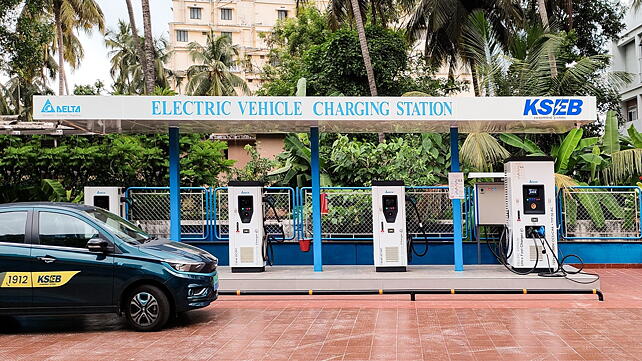
Electric passenger vehicles could comprise 30% and 75% of the new vehicle sales in India by 2030 and 2050, respectively, according to an independent study released by the Council on Energy, Environment and Water (CEEW).
The Centre and State Governments would need to invest significantly more in charging infrastructure and support local supply chain development to support this rapid growth in electric vehicle sales, noted Dr Vaibhav Chaturvedi, Fellow, CEEW.
He said, 'Our policymakers should prioritise investing in developing local supply chains and charging networks for electric vehicles and create policies that would encourage adoption of public transport. At the same time, India should also seek global partnerships to develop an ecosystem to promote research and development for green hydrogen in the transport sector.”
CEEW’s ‘India Transport Energy Outlook’ study further highlighted that in the next three decades ownership of four-wheelers could grow by nine times. The ownership of two-wheelers though would saturate with rising income levels.
India’s freight service demand is also expected to jump five times to 10,000 billion tonne kilometres by 2050 from nearly 2,000 billion tonne kilometres in 2020. Therefore, green hydrogen and natural gas would have to play a crucial role in reducing emissions from the freight transport sector.
Himani Jain, Senior Programme Lead, CEEW, added, “To avoid a surge in energy demand and space from the transport sector, policymakers should encourage adoption of public transport, especially in major cities with high penetration of personal vehicles. Further, investments in the EV ecosystem would help convince customers to replace their traditional vehicles with EVs.”